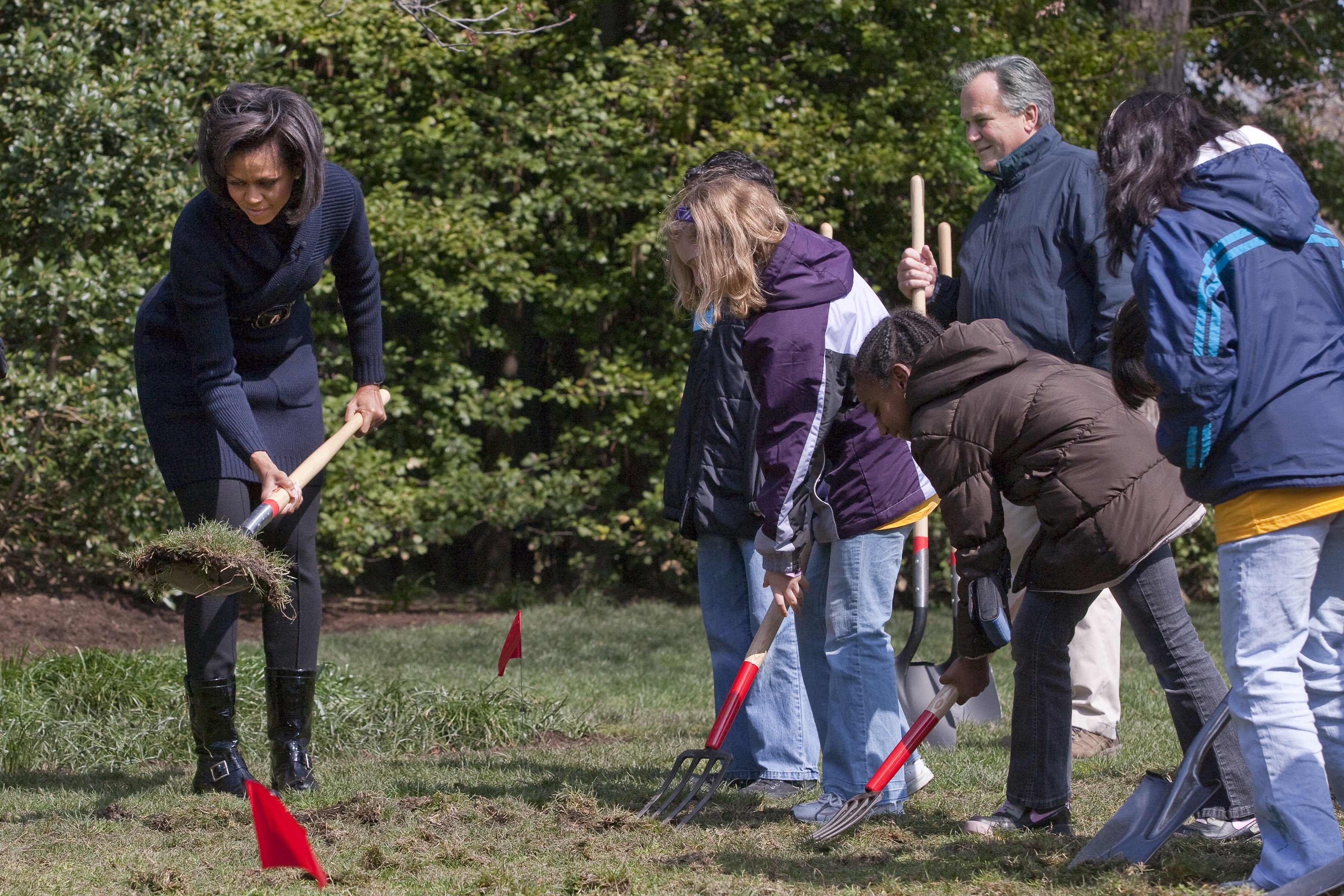If you didn’t already love Michelle Obama, you’d be hard-pressed to not count yourself among her supporters after reading her highly-anticipated memoir, “Becoming.” The bestselling book has hardly budged from its No. 1 spot on either Amazon or the New York Times’ Nonfiction Best Seller list since it was published last November. It is the first of two Obama-authored books to be published through Penguin Random House. Former president Barack Obama plans to publish a memoir of his own as part of the record-breaking $65 million deal. Until then, Michelle Obama has given us over 400 pages of insight into her whirlwind of a life, from her humble beginnings in the South Side of Chicago right up to her transition out of the White House (complete with a few jabs at Trump, whom she says she will “never forgive”).
It’s safe to say that Michelle Obama is unlike any first lady to ever hold the title before her, and not simply because of the color of her skin. She radiates warmth and, despite her renown, manages to effuse a sense of relatability. We’ve watched her indisputable win against Ellen in a pushup contest, admired her passionate speeches and bold sense of style and witnessed her fight against childhood obesity unfold. Now, readers are able to understand quite intimately not only what it was like during Michelle Obama’s eight years as First Lady of the United States, but also the equally important journey of how she got there. (To clarify, the book is not a manual on how to become Michelle Obama, which came as a disappointment to some of my peers.)
I was immediately and repeatedly refreshed by Obama’s candor. She revealed everything from her affinity for Chipotle and “Sex and the City” to what is was like to struggle through a miscarriage. As a student, I was particularly struck by Obama’s college experience. She recalls grappling with caring too much about what others thought, which set her on an established yet unfulfilling path in her early career as a lawyer. She felt, as many students here at Stanford and across the world undoubtedly do, pressured to keep from swerving from that outwardly impressive path because she didn’t want to risk losing other people’s high regard. She ultimately diverges from this path, leaving her well-established law firm for more impactful community-focused roles at a nonprofit and a hospital, among others.
It is worth noting, given that Obama lived under the roof of the White House for eight years, that there is a surprising lack of politics in the book. In fact, her distaste for politics is a theme throughout the memoir. It is far less politically charged than her senior thesis, titled “Princeton-Educated Blacks and the Black Community.” In her thesis, she documents feeling a lack of acceptance at Princeton due to her race and contradictory desire to strive for the same goals as her “White classmates.” Rather than use her book as a platform to comment on polarizing topics or political procedures, Obama hones in on her own causes, such as planting the first White House garden and improving living conditions for veterans and their families. This is reflective of Obama’s repeated denunciations of politics in general, lamenting the divisiveness it breeds and saying point-blank that she will never run for president. Obama is many things – fiercely devoted mother and wife, impromptu hugger and healthy living advocate – but she maintains she has no intention of becoming a politician.
This memoir lives up to its author’s reputation for being the first of its kind and doing so with grace. It is full of firsts, some tear-inducing and poignant, most hopeful and uplifting. As Michelle Obama recounts her first kiss, first child, first speech and first garden, she reminds Americans just how groundbreaking of a lady she is to this day, regardless of her title.
Contact Sarah Kim at skim22 ‘at’ stanford.edu.
